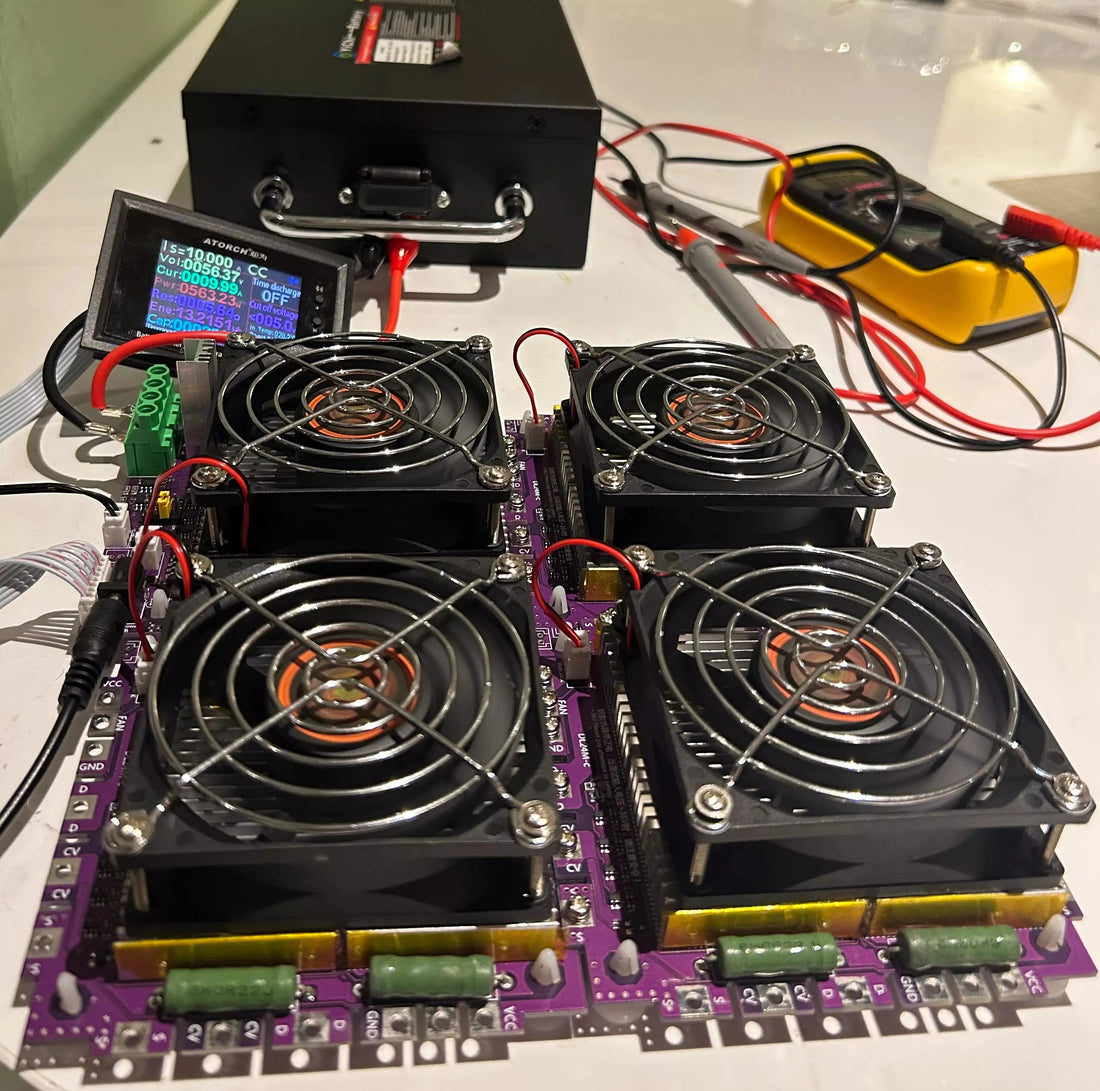
CityCoco (Fat Wheel Scooter) Battery Scam
For these CityCoco scooters, the battery is often a large part of the cost (typically a quarter or a third of the total price). It is common (almost standard practice) for sellers to lie about the battery's capacity, substituting a smaller battery (which they relabel). Given the variability of ranges due to differing riding styles, it is difficult for the customer to notice this has happened, let alone prove it.
Weighing It
One very rough way to check the battery is to weigh it. Check the officially listed battery weight from sellers online (for the same type and capacity) and weigh yours to check if it weighs the same. This method is imprecise but should catch a seller putting in a very different-sized battery (e.g. a 5Ah battery instead of a 20Ah one). Of course, the seller can put in weights to make the battery heavier, but this is risky from their perspective, as if a customer were to find them, it would be clear they were acting fraudulently.
Testing It
This is the best and most precise method. This is the method we use (see our set-up in the photo). Using a battery tester, we set it to draw a specified load from the battery and run the battery down from 100% to 0%. The battery tester will tell us precisely the total output of the battery. We use a 600W tester, enabling us to test a 60V 20Ah in roughly two hours. But nothing stops you from getting a much cheaper 150W tester (which can be found online for around £30), although it would take you roughly four times as long.
Fixing the Issue
Even if you have evidence from the weight or your measurements of the capacity, it may be challenging to get the seller to replace it with a battery of the correct capacity, particularly if they are based in a different country.
Let us know if you have any questions, or are interested in further details of how we test batteries. We are also happy to test your battery for a small fee if you bring it to us in central London.
